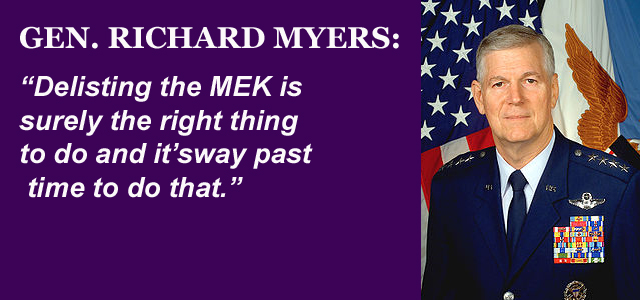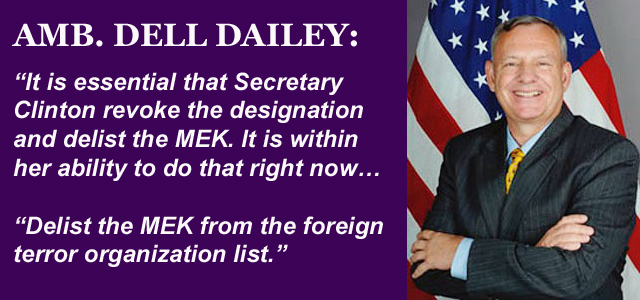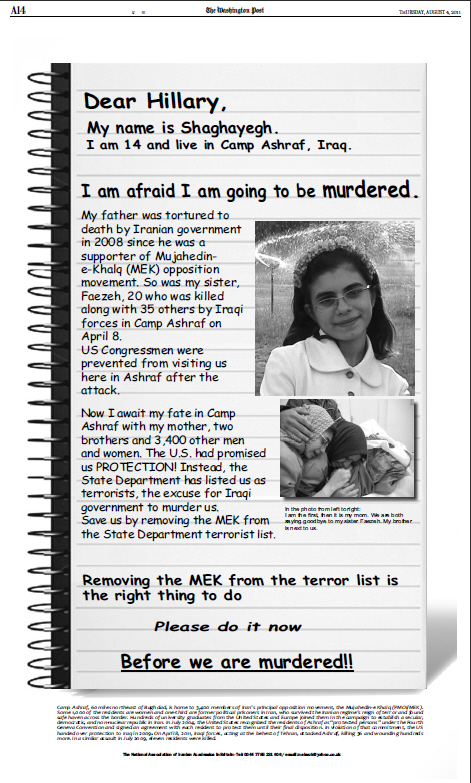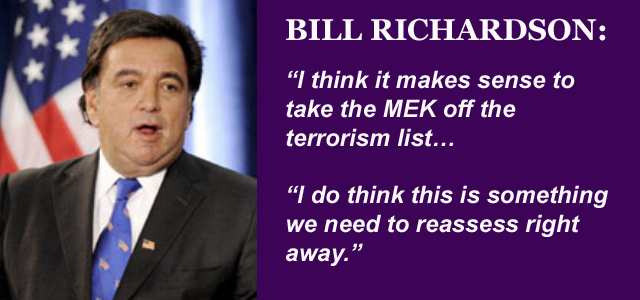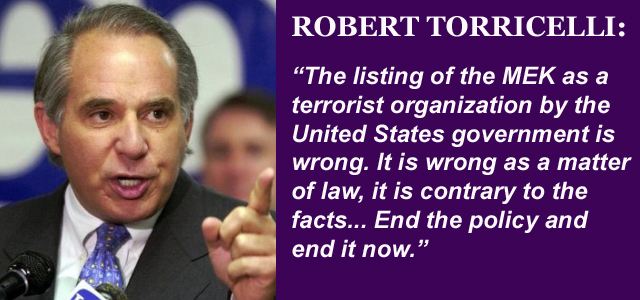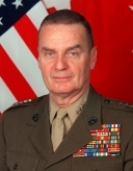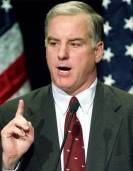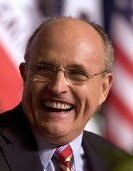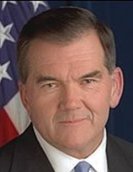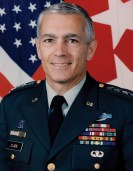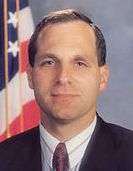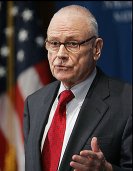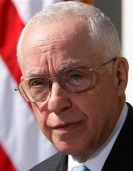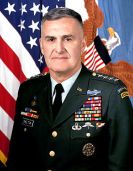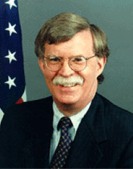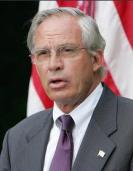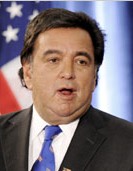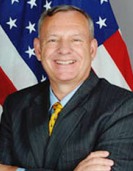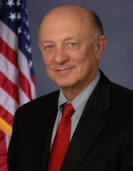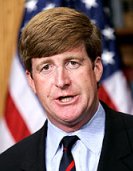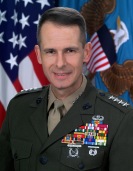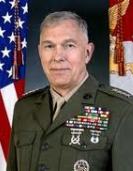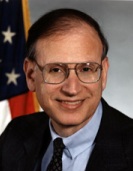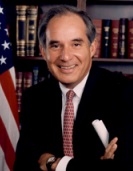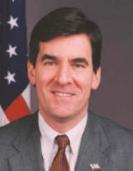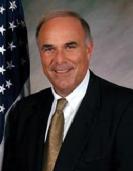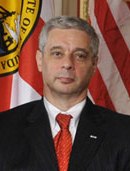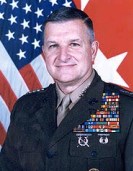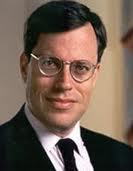St. Louis Post Dispatch
August 10, 2011
As U.S. troops prepare to leave Iraq by the end of this year, a humanitarian crisis is emerging that has a real chance of tarnishing President Obama’s legacy. More than 3,400 Iranian dissidents who reside in Camp Ashraf in Iraq face growing threats from a pro-Tehran Iraqi government bent on destroying them. That has been understandably worrisome for Iranian-Americans all over the United States, including the ones in Missouri, but the repercussions of their fate should concern all of us.
In April, Iraqi troops raided the camp at the behest of the Iranian regime, murdering 36 defenseless civilian residents and injuring hundreds more. Sen. John Kerry, D-Mass., chairman of the Senate Foreign Affairs Committee, described it as a “massacre,” adding that there should be an independent investigation. Both the European Union’s foreign policy chief and the U.N. High Commissioner for Human Rights also called for a probe into the deaths.
The incident came after a similar attack in July 2009 that left 11 dead and scores more wounded. A tribunal in Spain has been investigating the attacks as crimes against humanity and war crimes. In July, it summoned the commander of the Iraqi army and two other officers. Iraqi Prime Minister Nouri al-Maliki will come to court to explain about the crimes after he leaves office and his immunity is over.
Al-Maliki and the Iranian regime are hatching more plans to perpetrate further massacres against the residents of Camp Ashraf, who are the most formidable opponents of the Iranian regime.
The clock is ticking and the need for finding a solution to the crisis is more pressing. The residents in Ashraf, “protected persons” under the Fourth Geneva Convention, have all signed bilateral agreements with U.S. forces, who promised them protection until their final disposition.
In early 2009, the United States transferred that protection to the Iraqi government after saying it received written assurances that the residents will be treated humanely. After two years of massacres, abuses and what Amnesty International recently described as persistent “harassment” of the residents, Iraq has shown itself to be incompetent of protecting the unarmed civilians at Ashraf.
The United States has a solemn obligation to reassume the protection of the camp, especially because the situation at the camp remains tense as the unarmed civilians are under a complete blockade, even deprived of access to medical treatment and surrounded by armed Iraqi forces.
The European Parliament has offered a long-term, peaceful solution to the crisis, proposing the repatriation of the residents to third countries as the most viable alternative. This has been accepted by the residents.
But, incredibly, the U.S. Embassy in Baghdad has aligned itself with a solution offered by the Iranian regime and its proxies in Iraq: disband Ashraf and move the residents to a new location in Iraq, which, inevitably, would be away from international eyes. That, as former Chairman of the Joint Chiefs of Staff General Hugh Shelton recently said, is a “recipe for disaster.”
Ambassador Lawrence Butler of the U.S. embassy continues to push for this option, however, while rejecting the European Parliament plan and dismissing the concerns and will of the residents.
Meanwhile, on July 21, the House Foreign Affairs Committee unanimously passed an amendment to Foreign Relations Authorization Act stipulating that the U.S. government should take “all necessary and appropriate steps” to “ensure the physical security and protection of Camp Ashraf residents.”
It added that the United States should “prevent the forcible relocation of Camp Ashraf residents inside Iraq and to facilitate the robust presence of” the U.N. mission in Iraq in Camp Ashraf.
U.N. Secretary General Ban Ki-Moon also has called for respect for the rights of the residents while urging a consensus solution. Forcible displacement is not a consensus solution, unless by consensus is meant a tacit agreement between the United States and the Iranian regime.
All other parties, including the United Nations, the European Parliament, prominent former U.S. officials and even the speaker of the Iraqi Parliament, have rejected the notion as a recipe for a humanitarian catastrophe. If the residents aren’t safe in Ashraf, what makes Ambassador Lawrence Butler think they would be safe in a remote location where the Iraqi government could have absolute free rein?
Ambassador Butler’s insistence on displacing the residents within Iraq paves the way for another Srebrenica-style massacre, as a prominent member of the European Parliament has warned.
That is not what President Obama and Secretary of State Hillary Clinton would want their legacy to be in Iraq.
The United States undeniably is obligated, both legally and morally, to protect the residents of Ashraf. It is time for the secretaries of defense and state to step in and reject the idea of forcible displacement of the residents of Ashraf inside Iraq, and endorse the European Parliament’s plan while observing U.S. commitments of protection. That is the only way to avert a humanitarian tragedy in Ashraf, the magnitude of which will surely be catastrophic.
Kasra Nejat is president of the Iranian American Cultural Association of Missouri, based in St. Louis.
Read more: http://www.stltoday.com/news/opinion/article_2e2e987c-6c9c-5c57-bce1-597d4c780a5a.html#ixzz1UkGxaKSR
